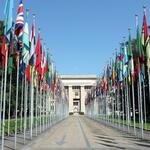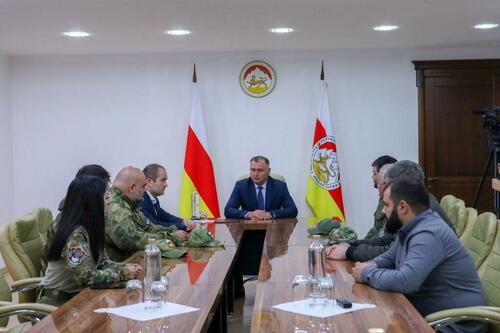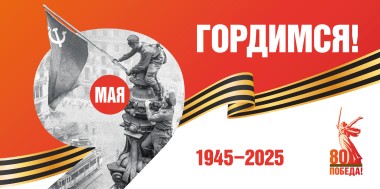It is necessary to look for positions that promote the emergence of the germs of confidence among the people of South Ossetia in Georgia, the head of the South Ossetian delegation, Murat Dzhioev, said at the 48th Geneva Discussions in late June.
First of all, he focused on the problem of searching and clarifying the fate of those residents of South Ossetia who are listed to be missing after 2008.
“We had a meeting with the OSCE independent expert Igniatovic, who came to Geneva specifically to meet with the discussion co-chairs and delivered a new report. But, unfortunately, there was practically nothing positive in the materials, except for another confirmation that Khachirov, Pliev and Khugaev had been indeed detained by the Georgian police. Although the Georgian authorities, in particular, the Georgian prosecutor’s office now denies this,” the Plenipotentiary said.
Despite the lack of positive dynamics, the South Ossetian delegation appealed to the co-chairs to continue their cooperation with Ignyatovich and that he would be able to continue working.
“The American delegation supported the proposal to continue the activities of the independent expert. I have noted that if there is clarity in the fate of these people, this will be a positive factor in the appearance of some kind of germs of trust in the Georgian authorities. At the same time, we have noted that the current authorities are not guilty of the disappearance of the citizens of South Ossetia, since this happened during the rule of Saakashvili. And today this decision would be a step of goodwill on their part,” Dzhioev stressed.
The South Ossetian side called the return of the Triptych icon, which is located in Georgia, as another step for the emergence of the germs of trust.
“We once again told the discussion participants the story of the disappearance of the Triptych, that the icon is the cultural and spiritual heritage of the people of South Ossetia and the Triptych must be located in South Ossetia. And the third factor is the problem of the Ossetian districts of the Trusovsky gorge (Tyrsygom), which turned out to be in Georgia, and where the road for the natives of this region is completely closed,” said Murat Dzhioev.
According to him, he has reminded diplomats that if Georgia declares visa-free entry for Russian citizens to Georgia, and to some extent fulfill it, then the road is closed for people from Kazbek district.
"These residents face the problem of human rights violations and since the Georgian authorities and their Western patrons like to talk about human rights violations, we directly pointed out these facts to them, noting that these people are citizens of Russia, but of Ossetian ethnicity,” Dzhioyev said.







